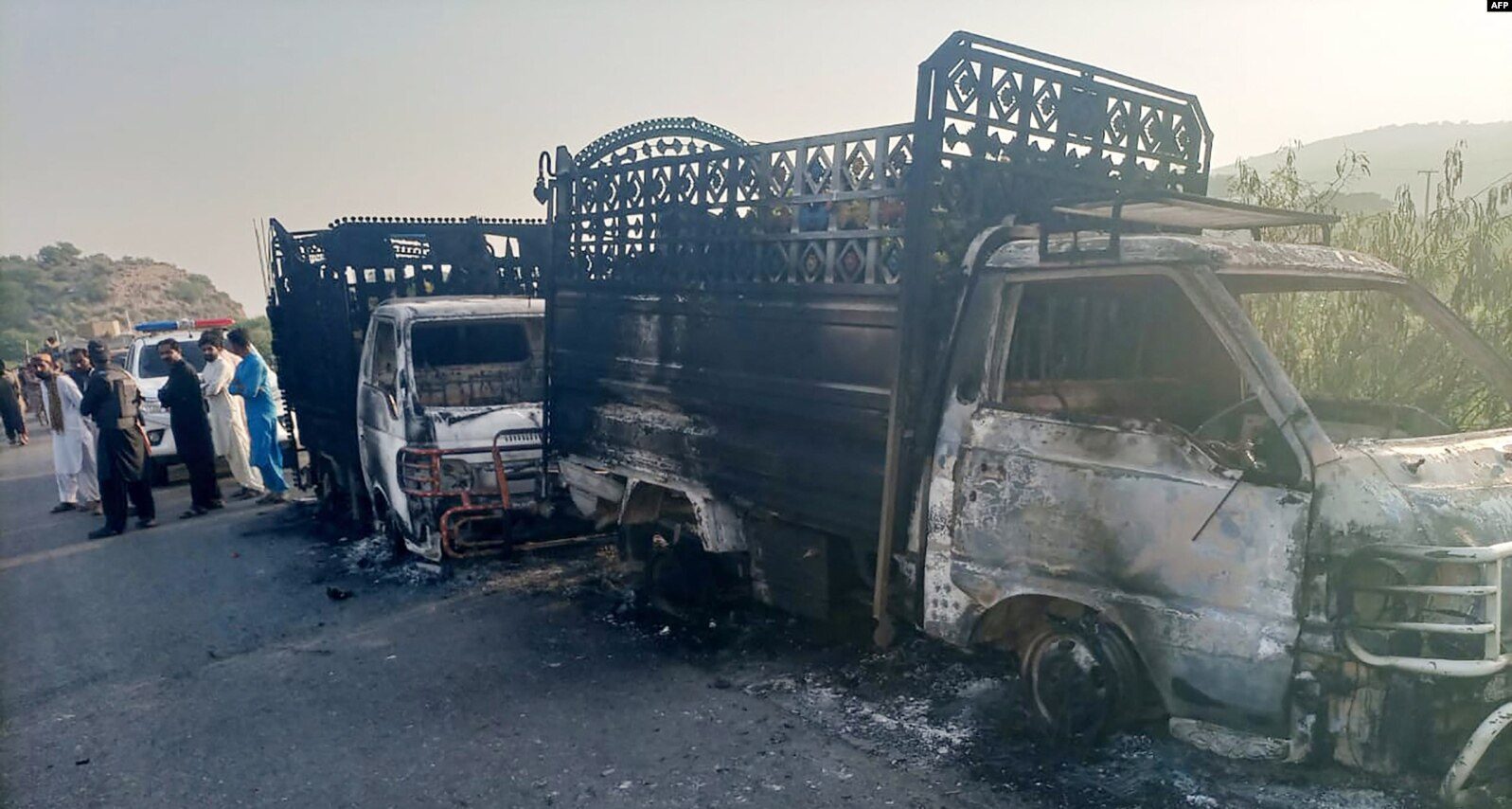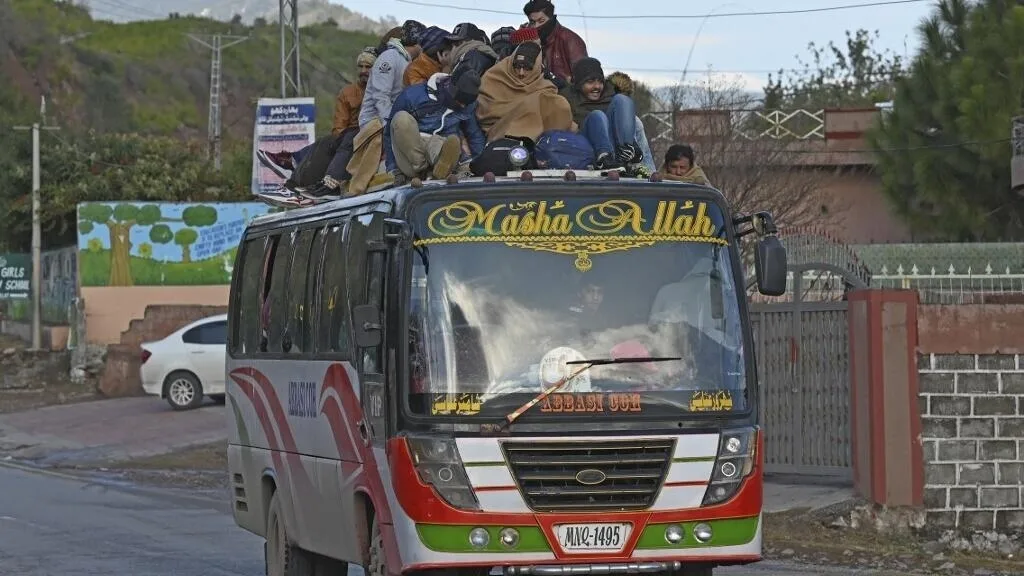Gunmen in southwestern Pakistan carried out two deadly attacks on Monday, killing at least 31 people in the Baluchistan province. In the first attack, 23 people were shot dead after being forcibly taken from buses and other vehicles in the Musakhail district.
The attackers set fire to at least 10 vehicles before fleeing the scene. In a separate incident, nine people, including four police officers and five civilians, were killed by gunmen in the Qalat district. Both attacks occurred amidst a broader wave of violence across the province.
The violence in Baluchistan continued with insurgents targeting infrastructure and law enforcement. In Bolan, they blew up a railway track, while in Mastung, a police station was attacked. Vehicles were also set on fire in Gwadar, though no casualties were reported in these incidents.

Gunmen Kill 31 in Baluchistan Attacks as Violence Escalates in Pakistan’s Southwest
These attacks highlight the ongoing instability in the province, where separatist groups have been waging a long-running insurgency against the central government, seeking independence from Pakistan.
The attacks came shortly after the Baluch Liberation Army (BLA), a separatist group, warned people to avoid highways as they planned assaults on security forces.
Although the BLA did not immediately claim responsibility for the latest killings, the group has been involved in numerous similar attacks in the past, often targeting non-Baluch people. Such incidents have exacerbated tensions between the provinces, with many victims being from Punjab, a neighboring province.
The government of Punjab expressed deep concern over the latest violence, with spokesperson Uzma Bukhari urging the Baluchistan provincial government to intensify efforts to combat BLA militants. Pakistani authorities responded to the attacks, with local media reporting that security forces had killed at least 12 insurgents in various operations across Baluchistan.
Pakistani President Asif Ali Zardari and Interior Minister Mohsin Naqvi condemned the attacks, labeling them as barbaric and vowing to bring the perpetrators to justice.
Security analysts warn that the ongoing insurgent attacks in Baluchistan are aimed at economically destabilizing the province and, by extension, Pakistan.
These acts of violence have the potential to undermine development efforts in the region, as separatist groups continue to target workers and non-Baluch residents, particularly those from Punjab. The persistence of such violence underscores the challenges the Pakistani government faces in bringing peace and stability to Baluchistan.

